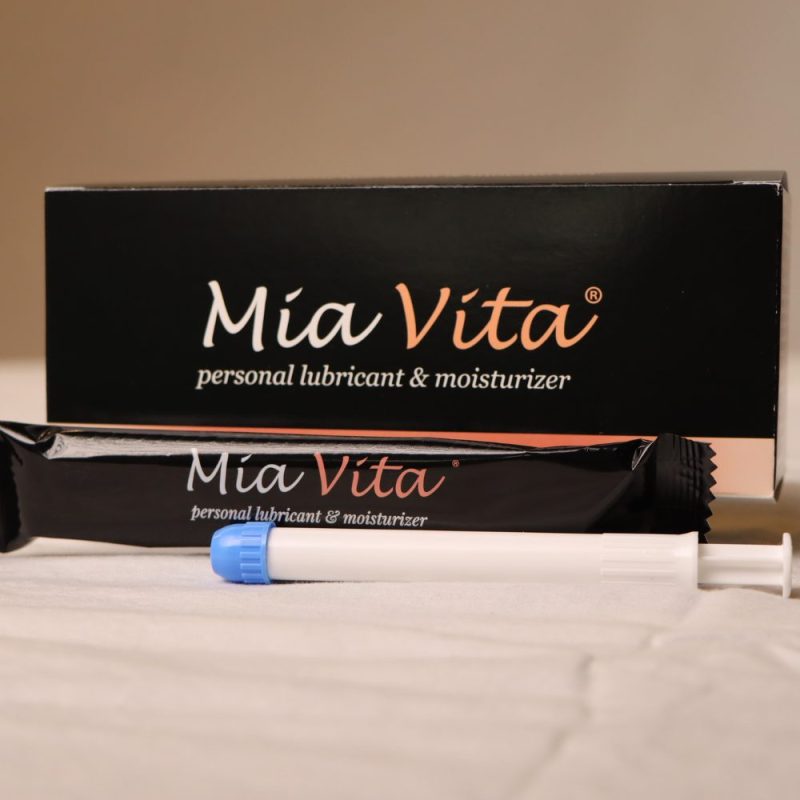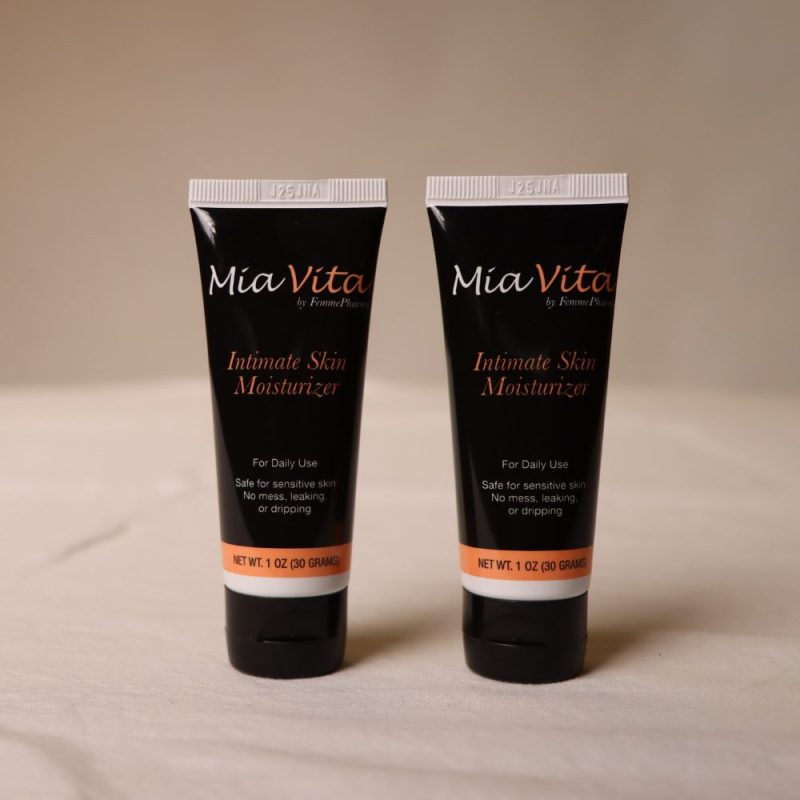It’s a fact of life that metabolism slows with age. And menopause contributes significantly to that process. But, with a few diet and lifestyle tweaks, it’s possible to maintain a robust metabolism through perimenopause, menopause, and into your older years.
Menopause, muscle mass, and fat:
As estrogen declines, it causes bone and muscle mass to decrease. Since muscle cells metabolize (burn energy) at a rapid rate, the loss of those cells means fewer calories are burned for energy and more are stored as fat. Additionally, lower estrogen levels change the way fat is distributed. Instead of gaining fat in places like the hips, buttocks, and breasts, as menopause progresses, you’re more likely to notice more fat being deposited around your abdomen. This type of fat distribution, also known as visceral fat, is known to increase insulin resistance and cardiovascular disease risk.
Supplement with vitamin D
Vitamin D is required for proper muscle function, and low vitamin D levels lead to decreased muscle strength and increased frailty, or a decreased ability to withstand physiological stress. Post-menopausal women with vitamin D deficiency are twice as likely to develop frailty than those with adequate vitamin D levels, and studies show that between the ages of 59 and 80 years, frailty increases from <1% to 40%. The elderly are among the groups with the highest rates of vitamin D deficiency in the US and supplementation with vitamin D is one way to ensure the best odds of preserving healthy muscle metabolism.
Keep moving
As the saying goes, “movement is life”; and even though your metabolism slows down as you age, staying active and fit is one of the most effective ways to slow metabolic decline. Exercise preserves muscle mass, which in turn boosts metabolism, since muscle tissue burns energy at a faster rate than fat. Also, exercise increases resting metabolism, which means you burn more energy 24/7 and not just while you’re exercising. And, in terms of exercise intensity, according to the Mayo Clinic, moderate exercise will do just fine. Think, brisk walking for 150 minutes weekly along with two or more sessions of strength training, which is great for aging joints that might not respond well to high- impact types of exercise.
To get the most metabolic benefit from strength training, accentuate the eccentric portion of the exercise, which is when the muscle that was just contracted and shortened (concentric contraction) is now lengthening. For example, after a biceps curl, when you are straightening your arm back to the starting position, also known as “negative” reps. During this motion the biceps is stretching but at the same time remains contracted enough to control the movement. Eccentric exercise can encourage more efficient muscle growth. One study found similar strength gains with half the weight and number of reps for eccentric compared to concentric training.
Optimize your diet
To live your healthiest, best life after menopause dial-in your diet to include plenty of high-quality protein, fiber, and complex carbs. Just as important as choosing healthy foods is eliminating or minimizing the unhealthy ones, such as processed sugar, refined carbs, and saturated and trans fats. These promote weight gain by slowing metabolism and by promoting cellular oxidation, which speeds the aging process and impairs glucose metabolism. Fresh fruits and veggies provide essential nutrients, fiber, and generous amounts of antioxidants, which promotes healthy blood sugar control and efficient energy production.
Also keep in mind that protein requirements increase over the age of 65 due to decreased efficiency of digestion and absorption and decreased ability to manufacture proteins from dietary amino acids. One study found that participants over 71 years required 0.4 grams of protein per kg of body weight for optimal stimulation of muscle protein production compared to 0.24 g per kg body weight for adults in their early 20s.
Get plenty of sleep, but not too much
Poor or inadequate sleep wreaks havoc on your metabolism. It makes you tired so you can’t exercise; impairs blood sugar control, causing swings that lead to junk food binges; adds to oxidative burden; and promotes inflammation. In a study of middle-aged and older adults with metabolic syndrome, those who got less than 6 or more than 8 hours of sleep had higher fasting blood sugar, blood pressure, and inflammation levels. The National Institute on Aging recommends the following habits for better sleep:
- Maintain a regular sleep schedule;
- Avoid late afternoon naps;
- Have a relaxing bedtime routine, such as reading or taking a warm bath;
- Avoid screens and devices in the bedroom;
- Lower the lights in the evening;
- Keep your bedroom cool and quiet;
- Avoid caffeine, alcohol, and large meals late in the day.
Metabolic changes that accompany perimenopause and menopause can be dramatic but healthy diet and lifestyle choices help ensure smooth sailing through this part of life’s journey.
FemmePharma has been helping women navigate menopause for over two decades. No matter where you are in your journey, you deserve to have knowledgeable, intimate healthcare partners to help you feel your best. Explore our other articles, podcast episodes with women’s health experts, and products to ease your transition into menopause.



